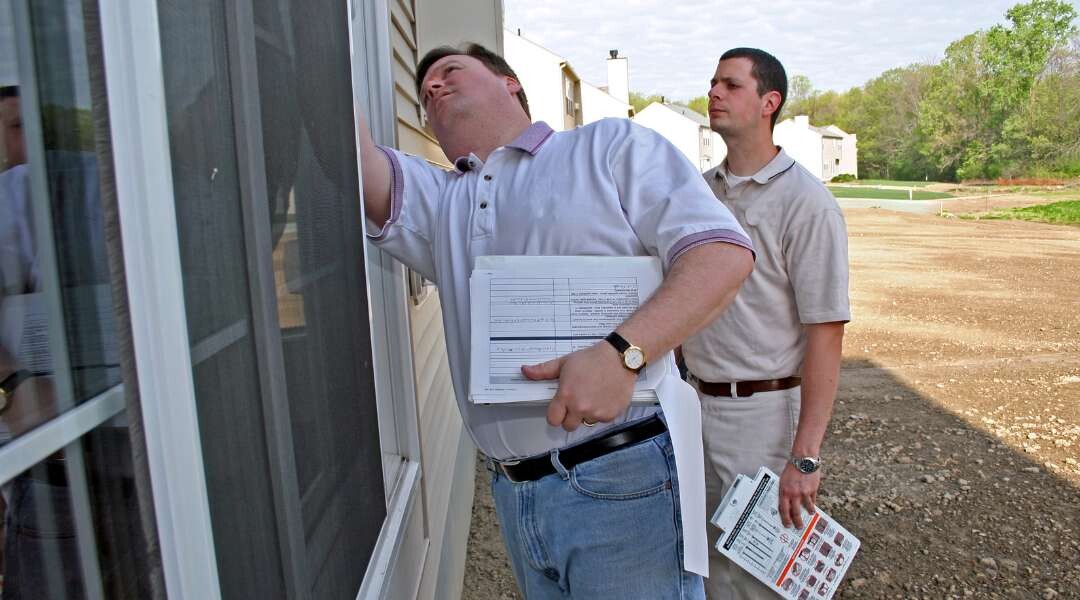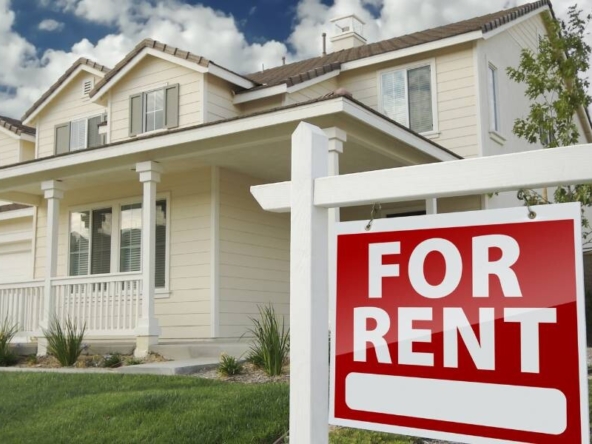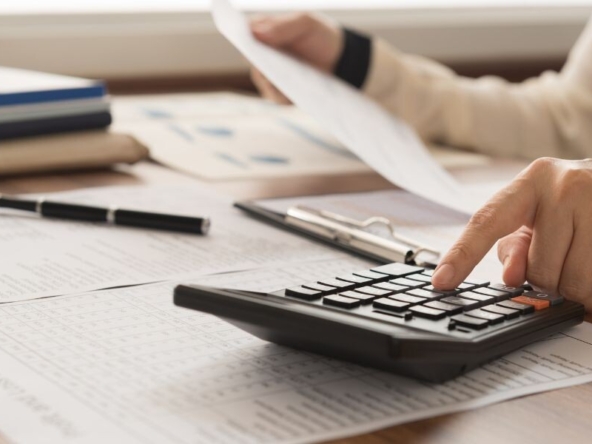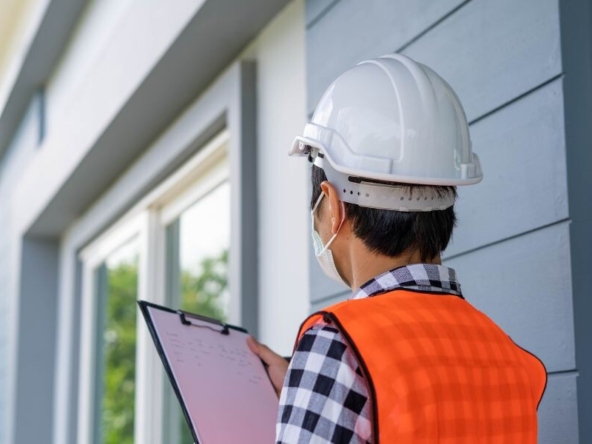Suppose you’re a property owner in Dallas renting out your units. In that case, you understand that a rental property management company’s role is pivotal in maintaining your investment’s value. Regular rental inspections become even more crucial in this context. These routine checks help identify potential issues, ensure tenant compliance with lease terms, promote safety measures for tenants, and protect you from future costly repairs.
In essence, routine inspection practices are vital to successfully managing properties.
Benefits of Routine Inspections
It’s surprising how many landlords underestimate the value of routine property inspections, even in a city like Dallas. Some landlords only conduct these critical checks when a tenant raises an issue. However, just as a professional rental property management company in Dallas can attest, keeping your investment in excellent condition requires regular assessment, much like how your health demands periodic check-ups with doctors.
These check-ups help keep both exterior and interior aspects of each rental unit under control. Doing so sheds light on situations that may otherwise go unnoticed, allowing for timely fixes before they morph into major issues requiring costly repairs or replacements. Presenting impeccable properties will undoubtedly attract high-caliber tenants who appreciate well-maintained environments.
Regular inspections keep structures from deteriorating while protecting their market worth over time, especially if rental income is a significant part of your earnings portfolio! Should you find yourself short on time or expertise for such endeavors, don’t hesitate to hire professionals skilled at conducting thorough property assessments.
How to Prepare for Property Visits
When preparing for a property visit, especially with the assistance of a rental property management company, consider the structure’s exterior. Is it sturdy and well-maintained? Overlooking potential issues with the roof or foundation could lead to substantial costs down the line.
Also, make sure appliances function as they should and that plumbing or electrical systems show no signs of trouble. Remember to be respectful when inspecting rented premises. Notify tenants well in advance about your planned visits; this allows them time to prepare and prevents possible conflicts on inspection day.
Always enter each room during inspections; don’t neglect basements, attics, or garages since all areas are part of the overall condition assessment. Look out for common issues, like signs of water damage around windows and door frames caused by leaky pipes. The aim here isn’t just to detect problems but to maintain an open dialogue with occupants so future concerns can be addressed promptly.
Identifying Maintenance Needs
Keeping your property in excellent shape demands regular maintenance tasks. Don’t overlook the necessity to replace HVAC air filters at least semi-annually, if not quarterly. This simple action promotes cleaner indoor air for tenants and reduces strain on your system.
Just as crucial is the yearly professional extermination of pests that can cause harm. Nobody wants nuisance creatures making a home alongside them! Similarly significant is testing smoke detectors and carbon monoxide monitors to ensure they’re fully functional; vital steps that cater directly to tenant safety needs.
Regarding hot water supply, annually emptying sediment from heaters enhances efficiency while reducing potential damage costs. Leaks or mold growth could be preempted by regular checks, such as bathroom re-caulking around showers, baths, and sinks every twelve months on average. Finally, but no less essential, cleaning gutters twice yearly helps avoid roof damage due to pests attracted through excess debris left unaddressed over time.
Keeping Detailed Records
Maintaining detailed records is a safeguard in your rental business, especially when partnering with a reputable rental property management company. Accurate documentation of your property’s condition during inspections helps prevent disputes later on. For instance, documenting any existing damages could save you from headaches before a tenant moves in.
Ensure that both parties sign this document to affirm its accuracy. Photographs can further enforce these written documents, offering visual evidence of pre-existing conditions at the move-in and post-move-out stages. Similarly, periodic inspection reports combined with photos can pinpoint when damage or disrepair occurs and who bears responsibility for it.
Remember not to intrude unannounced; respect tenants’ privacy rights by giving advance notice about planned routine checks unless an emergency arises. Various software tools are available now, making record-keeping more manageable. These digital platforms help reduce paperwork while ensuring all important details remain accessible and organized, facilitating positive interactions between landlords and tenants.
Maximizing Tenant Satisfaction
Enhancing tenant satisfaction is all about addressing their concerns promptly. Partnering with a competent rental property management company enhances this process. A content tenant is more likely to care for the rental property effectively, leading to long-term cost savings. As you conduct inspections midway through leases, maintain open communication with tenants regarding any issues they might have noticed.
By being proactive and responsive about maintenance needs that surface during these check-ups, you not only prevent problems from escalating but also reinforce trust between yourself and renters. This act of care puts them at ease, knowing that their living conditions are valued by management. Furthermore, regular house checks elevate the state of tenancy perception; they show commitment towards preserving high standards for residence quality, which assures tenants about adequate attention given to repairs or upgrades necessary within homes.
Moreover, ensuring residents understand why mid-lease evaluations are beneficial can motivate them to ensure upkeep, boosting chances of receiving security deposits swiftly back after termination periods end, thus maximizing overall renter contentment.
Managing Risk and Liability
As you manage your rental property, pay close attention to the exterior. Look out for issues like cracked paint or a loose shutter. Debris on the roof needs addressing as well. Be vigilant about identifying any damage to electrical lines.
Now, shift focus to inspecting the interior spaces of your property. Check the foundation integrity and all appliances while being alert for signs of leakage in sinks, toilets, or windows. Examine the ceilings and flooring of every room. Don’t let water damage sneak up!
Remember that overlooking such inspections may lead to unexpected expenses due to fire damage and repair costs, affecting your wallet and escalating liability risks. For those residing in warm climates: Beware pests! Mosquitoes and lovebugs flourish fast under favorable conditions, making it crucial to consider pest control measures within budget considerations.
Managing risk doesn’t need to be stressful when executed right. Simply investing time into routine checks and maintaining good tenant relationships creates balance, ensuring smoother-run properties and lowering potential liabilities.
Summing up, regular inspections of your rental properties play a vital role. They help safeguard the value of your investment over time by spotting and addressing issues early on.





